This article will guide you in detail what are the Rights of Female Hindu in respect of succession. The Hindu Succession Act, 1956 lays down provisions for distribution of property of female Hindus.
- Section 14, gives to a female Hindu an absolute title over the properties which under the traditional Hindu law she held as a limited owner.
- Section 15 of the Act delineates the heirs of a female Hindu and the order in which they are to succeed to her property if she dies intestate.
- Section 16 of the Act provides the manner of distribution of a deceased female Hindu among her heirs.
The property of a female Hindu dying intestate shall devolve according to the rules set out in section 16 of The Hindu Succession Act, 1956
- firstly, upon the sons and daughters (including the children of any pre-deceased son or daughter) and the husband;
- secondly, upon the heirs of the husband;
- thirdly, upon the mother and father;
- fourthly, upon the heirs of the father; and
- lastly, upon the heirs of the mother
Any property inherited by a female Hindu from her father or mother shall devolve, in the absence of any son or daughter of the deceased (including the children of any pre-deceased son or daughter) upon the heirs of the father.
Any property inherited by a female Hindu from her husband or from her father-in-law shall devolve, in the absence of any son or daughter of the deceased (including the children of any pre-deceased son or daughter) upon the heirs of the husband.
Order of succession and manner of distribution among heirs of a female Hindu
According to section 15 the distribution of the intestate’s property among those heirs shall take place, according to the following rules, namely: –
Among the heirs specified in sub-section (1) of section 15, those in one entry shall be preferred to those in any succeeding entry and those including in the same entry shall take simultaneously.
If any son or daughter of the intestate had pre-deceased, the intestate leaving his or her own children alive at the time of the intestate’s death, the children of such son or daughter shall take between them the share which such son or daughter would have taken if living at the intestate’s death.
The devolution of the property of the intestate on the heirs referred to in clauses of sub-section (1) and in sub-section (2) of section 15 shall be in the same order and according to the same rules as it would have applied if the property had been of the father’s or the mother’s or the husband’s as the case may be, and such person had died intestate in respect thereof immediately after the intestate’s death.
So if the property of a Hindu female dying intestate is to devolve to the heirs of her husband or her father, then it shall be transfered to them in accordance with the provisions of section 8 to 12 of the Hindu Succession Act as these sections deal with the rules of succession in case of Hindu males. And if her property is to devolve upon the heirs of her mother, then the property shall devolve upon them in accordance with the provisions of section 15 and 16 of the Act as if the property is of her mother and not that of the deceased female Hindu.
Related Post:
Related Books:











![Honey trap in Cybercrime: A to Z guide Exploring Honey Trap in Cyberspace [With Video]](https://www.lawhousekolkata.com/wp-content/uploads/Post-Images/Honey-Trap-300x169.jpg)

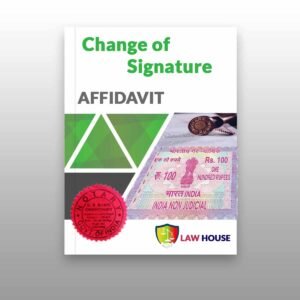
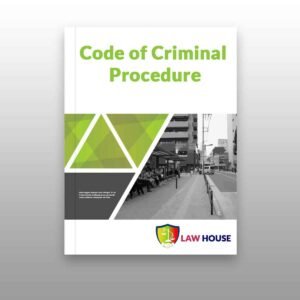
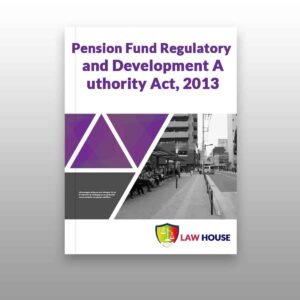


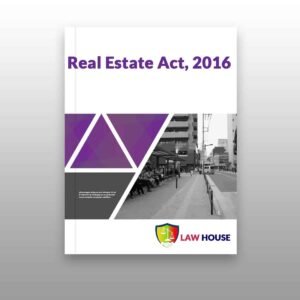






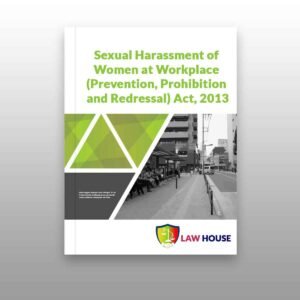
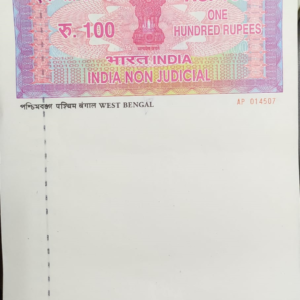
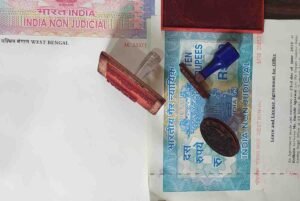
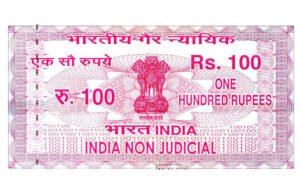




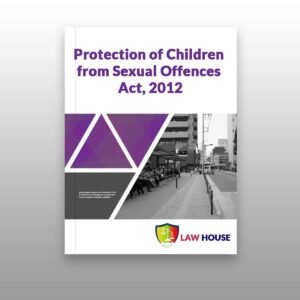
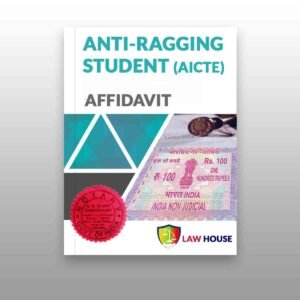
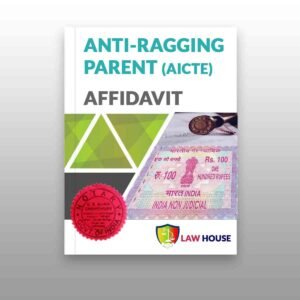

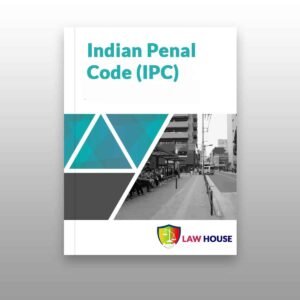
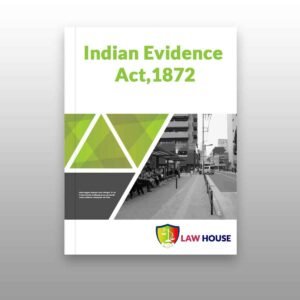
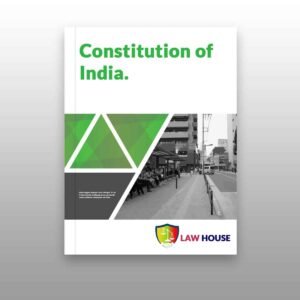
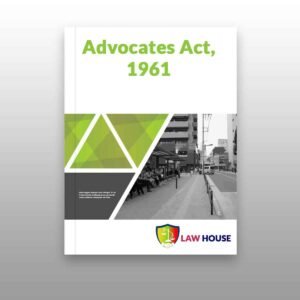
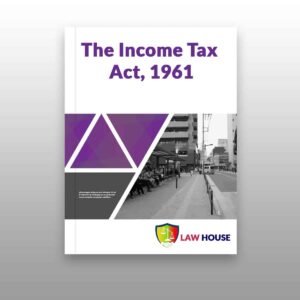
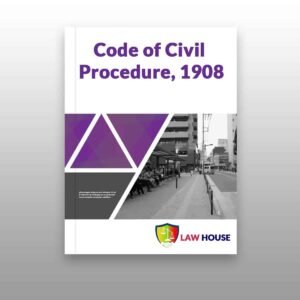



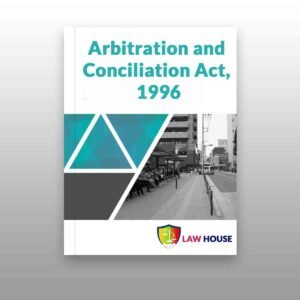





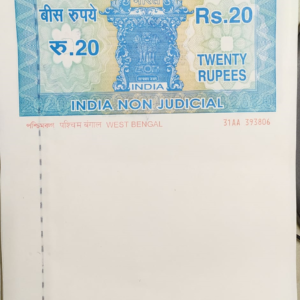
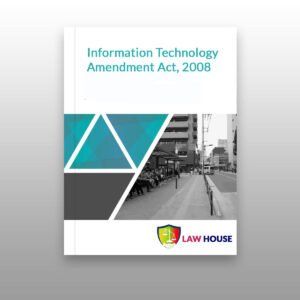



![Know all about Gift deed in india | Law House: The #1 Notary in Kolkata | Make Notary Online Know about Gift Deed in India || Complete knowledge || All Quetions [Solved]](https://www.lawhousekolkata.com/wp-content/uploads/Post-Images/Know-all-about-Gift-deed-in-india.png)





